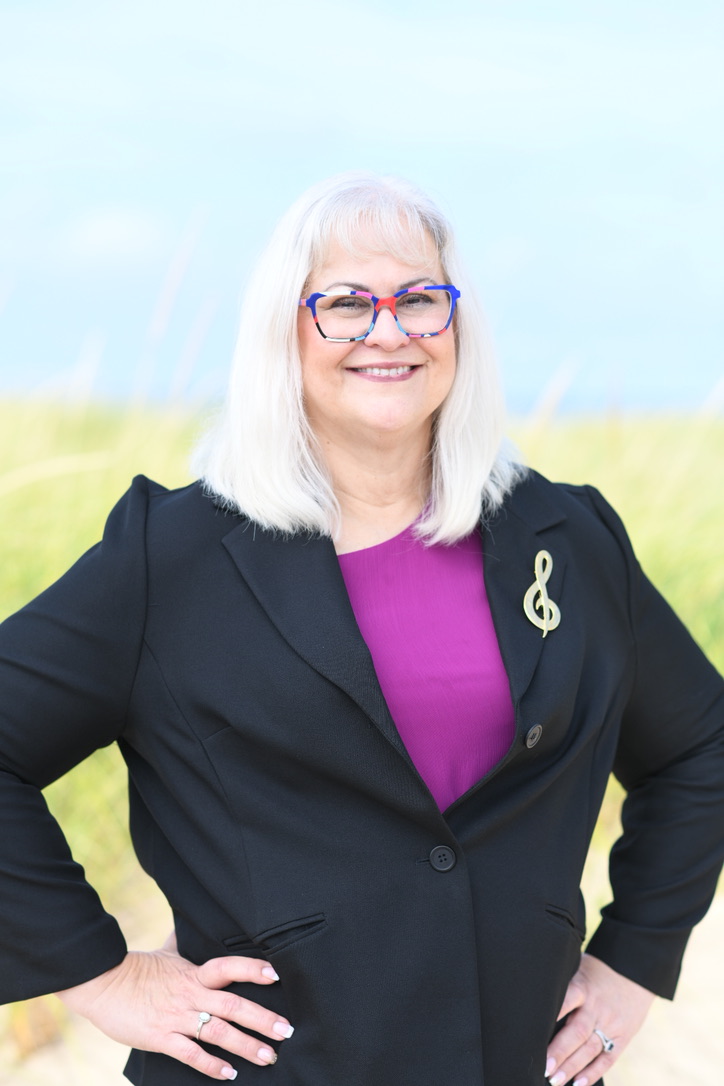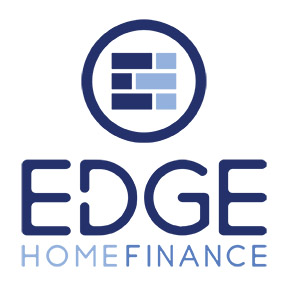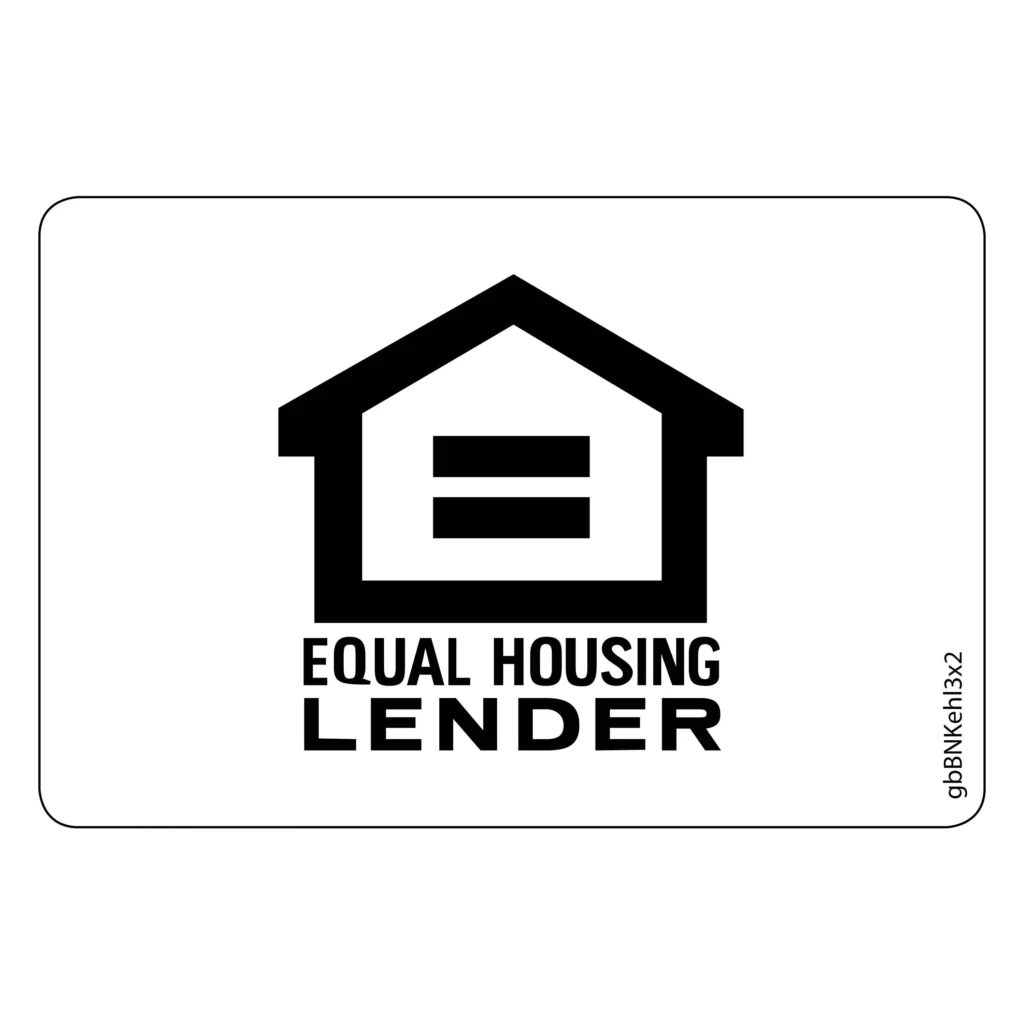Reverse Mortgage Solutions
Specialized financial options for homeowners 62 and older in the Chicago Metropolitan area, Northwest Indiana, and Western Michigan
What is a Reverse Mortgage?
A reverse mortgage is a financial product designed specifically for homeowners aged 62 and older that allows them to convert part of their home equity into cash without having to sell their home or make monthly mortgage payments.
Unlike a traditional mortgage where you make payments to the lender, with a reverse mortgage, the lender makes payments to you. The loan is repaid when you no longer live in the home as your primary residence.
Reverse mortgages can provide financial flexibility and security during retirement, allowing you to stay in your home while accessing the equity you've built up over the years.

Types of Reverse Mortgages
Home Equity Conversion Mortgage (HECM)
The most common type of reverse mortgage, insured by the FHA
- Federally Insured: Backed by the Federal Housing Administration (FHA)
- Flexible Payment Options: Lump sum, monthly payments, line of credit, or a combination
- Non-Recourse Loan: You or your heirs will never owe more than the home's value
- Counseling Required: Mandatory financial counseling with an approved agency
Proprietary Reverse Mortgages
Private loans not backed by the government, often for higher-value homes
- Higher Lending Limits: May allow for larger loan amounts than HECM loans
- Fewer Restrictions: May have different requirements than FHA-insured loans
- Ideal for Higher-Value Homes: Beneficial for homes valued above the FHA lending limit
- Varied Terms: Terms and conditions vary by lender
Reverse for Purchase
What is Reverse for Purchase?
A Reverse for Purchase allows seniors to buy a new home and obtain a reverse mortgage in a single transaction. This innovative program helps you right-size your living situation without taking on a new monthly mortgage payment.
Whether you're looking to downsize, move closer to family, or find a more suitable home for aging in place, a Reverse for Purchase can be an excellent solution.
Key Benefits
- Purchase a new home without monthly mortgage payments
- Downsize or upsize efficiently
- Move closer to family or healthcare facilities
- Find a more suitable home for aging in place

How You Can Use the Funds
Supplement Retirement Income
Create a steady stream of income to supplement Social Security, pensions, and other retirement funds.
Pay Off Existing Mortgage
Eliminate monthly mortgage payments to improve cash flow and financial flexibility.
Cover Healthcare Expenses
Pay for in-home care, medical bills, prescriptions, or other healthcare needs.
Home Improvements
Fund renovations or modifications to make your home more comfortable, accessible, or energy-efficient.
Emergency Fund
Create a financial safety net for unexpected expenses or emergencies.
Quality of Life Enhancements
Travel, pursue hobbies, or enjoy other activities that enhance your retirement years.
Important Considerations
While reverse mortgages offer many benefits, they're not right for everyone. Here are some important factors to consider:
Ongoing Responsibilities
You must continue to pay property taxes, homeowners insurance, and maintain the home. Failure to meet these obligations could result in loan default.
Impact on Inheritance
A reverse mortgage will reduce the equity in your home, potentially affecting the inheritance you leave to your heirs. However, they will never owe more than the home's value.
Loan Costs
Reverse mortgages include upfront costs such as origination fees, mortgage insurance premiums, and closing costs. Interest accrues over time, increasing the loan balance.
Impact on Benefits
Reverse mortgage proceeds could affect eligibility for needs-based government programs like Medicaid or Supplemental Security Income (SSI). Social Security and Medicare are not affected.
Ready to Learn More?
Nancy Patrizi is here to help you understand if a reverse mortgage is right for your situation. Contact her today for a personalized consultation to explore your options.

